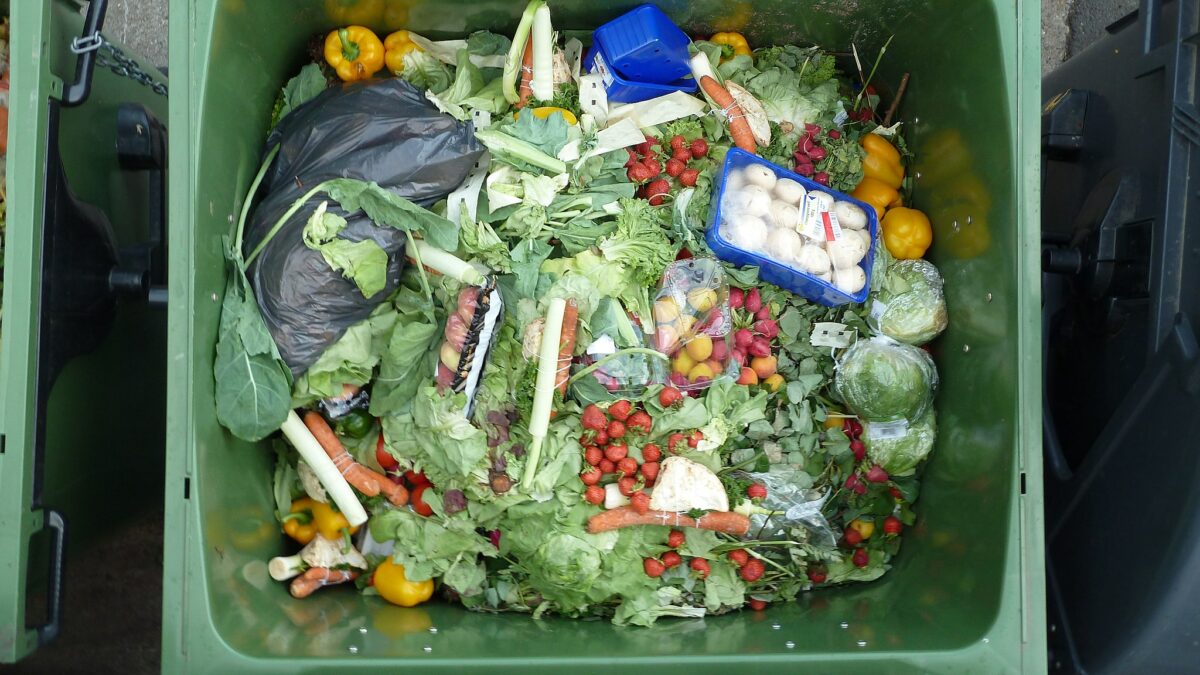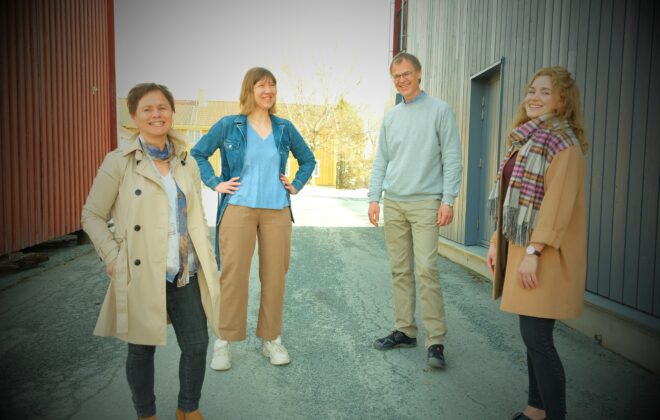What’s next after achieving the food waste reduction targets?
Many producers, retailers and consumers are working hard to reduce food waste. An important nudge is the clearly defined food waste reduction target set forth by the United Nations. But what happens when we finally achieve it? Will that mean the end of food waste, or will other sustainability-related problems be triggered instead?
The food waste challenge
Working on food waste reduction is like entering a race with an apparent finish line. We all want to end at the same spot, with a concrete and ambitious reduction target set by the UN Sustainable Development Goals (SDGs). And the SDGs are rarely as straightforward as for food waste: SDG target 12.3 says that by 2030, we need to “halve per capita global food waste”.
The food sector community does not question this aim; SDG target 12.3 is replicated in the European Union’s targets and national commitments, and by many business and non-governmental organizations (NGOs). If it is questioned, it is only done to the extent that some want to get there quicker or increase the reduction ambition even further.

Even though food waste cannot be eliminated entirely, there are certainly means to make it less dramatic. Its current scale is all but catastrophic – we are wasting 1/3 of food produced, making food waste the third-largest global greenhouse gas emitter, behind China and the United States. With uneaten food, we are wasting so much precious land, energy, water, and labour that the situation is hardly acceptable from any viewpoint.
Working towards the target seems like fixing a problem. Imagine we would have reduced food waste by 50% by 2030 and maybe by 75% in 2040. Would that mean that food waste activists, researchers, consultants, and experts should disengage themselves or find another issue to fix after that? Unfortunately, the answer is no, as food waste is not an isolated problem but an integrated part of multiple and complex environmental challenges.
Food waste and (in)direct rebound effects
Tara Garnett from the Environmental Change Institute at the University of Oxford, who was invited to give a talk at the TIK Centre for Technology, Innovation, and Culture, University of Oslo, shared an important reflection that adds a significant (and difficult) dimension to food waste reduction work and its anticipated endgame:
I am a little bit sceptical of the idea that reducing waste, at least in the food sector, will lead to improvements in environmental sustainability, or at least I think that the benefits of doing so have been overstated.
What Dr. Garnett points to is that environmental benefits are often lost due to indirect rebound effects. This well-known phenomenon relates to causing new negative impacts from the resources saved by a pro-environmental action. It can be illustrated by, e.g., consumers saving money from wasting less food but spending it on other things that cause environmental externalities elsewhere. For example, Hagedorn and Wilts (2019)[1] found that the average indirect rebound effect from food waste prevention in Germany is 56.9 per cent, which is alarmingly high. Other rebound effects can be observed, such as saving land for growing food but using it for other activities, with a worse environmental footprint than agriculture or reducing emissions here but generating more in other areas with the resources saved. However, more investigation into minimizing or optimizing the rebound effects of food waste reduction and prevention is much needed.
A need for reflections on responsible research and innovation
Does it make food waste reduction pointless? Not at all, but it shows the importance of reviewing Responsible Research and Innovation (RRI) dimensions in studying food waste. We need more anticipation of the rebound effects and a clear understanding of systemic and fundamental challenges while reducing food waste. It is convenient to isolate the food waste issue, but we need more inclusion with a broad sustainability agenda. This also calls for more reflexivity and responsiveness while working on food waste.
There is nothing wrong with focusing on reduction targets. As governance scholars point out, targets can be effective in mobilizing political support, unlocking economic resources, and triggering coordinated action. But parallel to that, drawing on the RRI scholarship, we should strive for positive discourses on how to avoid the rebound effects that can come with the reductions.
This might mean that we need to find other criteria by which we evaluate food waste and use, not merely tonnes of food lost or saved, and money spent or left in our pockets. There is significant potential to link food waste to the thinking in terms of healthy diets, animal welfare, alternative supply chains, overall emission limits and many more. Why not start with your own food budget? Some research shows that significant food waste reduction will leave more money (but less time!) at the household level. What would you do with some unlocked extra food funds, but trying not to fall into the rebound effect trap?
[1] Hagedorn, W and Wilts, H. 2019. “Who should waste less? Food waste prevention and rebound effects in the context of the Sustainable Development Goals.” GAIA – Ecological Perspectives for Science and Society, 28(2) 2: 119─125. doi.org/10.14512/gaia.28.2.10*
Featured image: Food thrown in garbage. Photo used with permission from Wikipedia Commons.

Julia Szulecka
Julia Szulecka is project leader of the research project BREAD - Building Responsibility and Developing Innovative Strategies for Tackling Food Waste. Read more about Julia on AFINO's webpage.

Nhat Strøm-Andersen
Nhat Strøm-Andersen is a Postdoctoral Fellow at the TIK Centre for Technology, Innovation and Culture, University of Oslo.
Nhat has a Master of Science in Innovation and Entrepreneurship from BI Norwegian Business School in 2013. She earned her doctorate in innovation studies from the University of Oslo in 2020, investigating incumbent food firms' strategies and behaviours in the transition toward the bioeconomy. Her academic interests are research topics related to sustainable food production and consumption through the lens of innovation studies, management studies, governance, stakeholder theory, digitalisation and sustainability transitions. She strives to understand systemic challenges and sustainability paradoxes in food system transformations.




